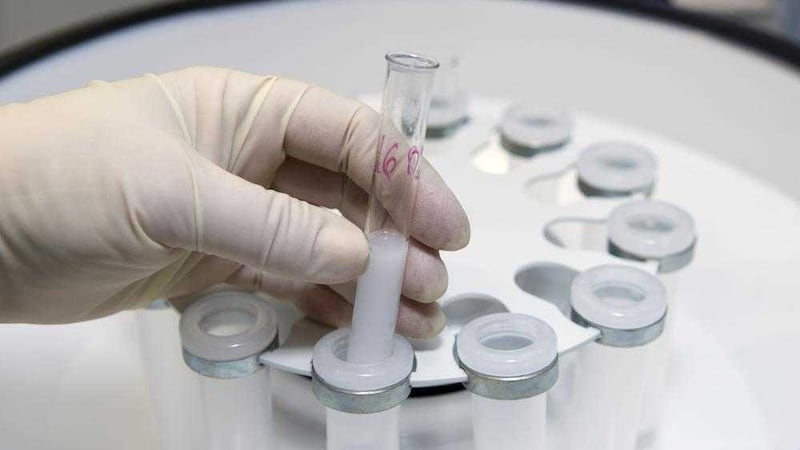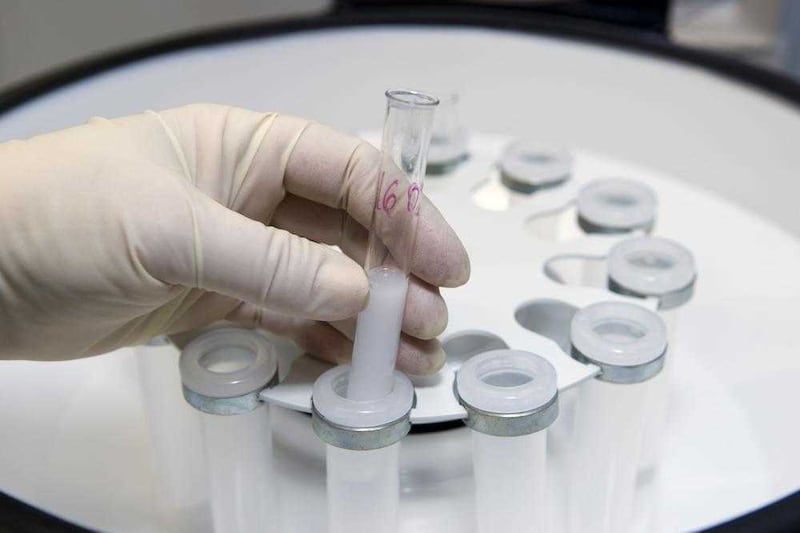Q: "I'm 38 and would love children but I haven't met the right man yet, and I'm worried that when/if I do, I might not be fertile any more. Is there a possibility of freezing my eggs, so that I'll be in a position to have IVF if I eventually find a partner?"
A: Dr James Nicopoullos, a consultant gynaecologist, at the Lister Fertility Clinic in London, says: "This is an increasingly common dilemma among patients that visit me. The good news is yes, egg freezing is absolutely possible, and advancements in modern medicine mean success rates are improving all the time.
"If you're thinking about freezing your eggs for IVF treatment later in life, the first step should be to assess the quality and quantity of your egg reserve, either through a hormone test or a scan of your ovaries. At 38 you should act sooner rather than later as the drop in fertility tends to accelerate in women after the age of 37, even when using IVF treatment.
"Since the introduction of rapid freezing techniques we've seen improvements in egg survival, fertilisation and pregnancy rates, and data suggests that frozen eggs now perform similarly to fresh eggs collected in standard IVF.
"As with most medical treatments, there's no guarantee of success, even if the egg is safely frozen. However, as long as you're armed with all the facts, I would say that egg freezing - which is provided at private clinics – is definitely worth considering."





